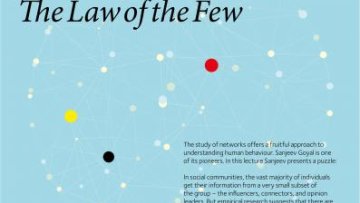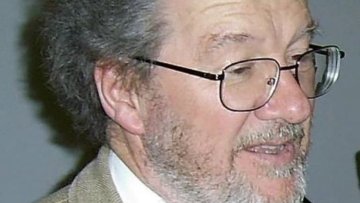Bounds for VIX Futures Given S&P 500 Smiles
Abstract
We derive sharp bounds for the prices of VIX futures using the full information of S&P 500 smiles. To that end, we formulate the model-free sub/superreplication of the VIX by trading in the S&P 500 and its vanilla options as well as the forward-starting log-contracts. A dual problem of minimizing/maximizing certain risk-neutral expectations is introduced and shown to yield the same value. The classical bounds for VIX futures given the smiles only use a calendar spread of log-contracts on the S&P 500. We analyze for which smiles the classical bounds are sharp and how they can be improved when they are not. In particular, we introduce a tractable family of functionally generated portfolios which often improves the classical spread while still being tractable, more precisely, determined by a single concave/convex function on the line. Numerical experiments on market data and SABR smiles show that the classical lower bound can be improved dramatically, whereas the upper bound is often close to optimal.







